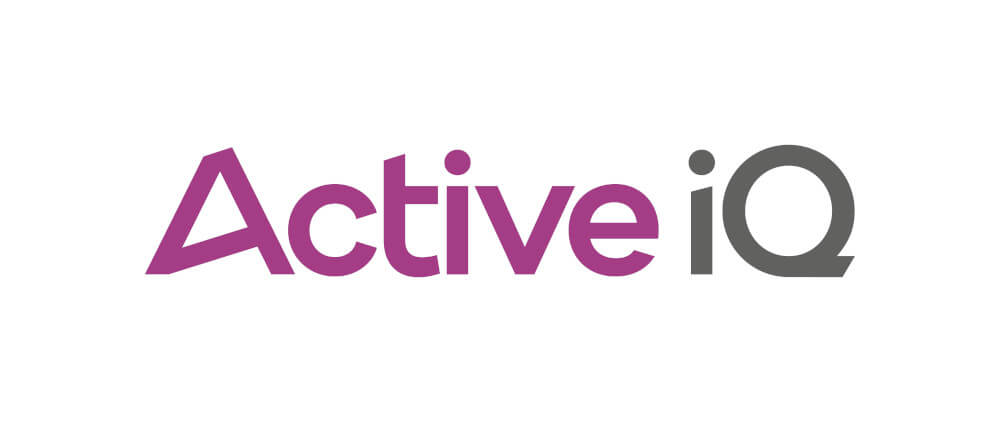Apprenticeships are the perfect route for people embarking on a career in the Early Years sector. Learning on the job enables people to put into practice the theory they are studying while hands-on engagement day-to-day at work rapidly builds skills and confidence.
Until recently, the most common entry point for Early Years apprentices was at Level 3 as they trained to be Early Years Educators. This more-senior role includes a supervisory element which some learners may find daunting to start with, especially if just out of school or with less life experience.
The introduction of the Level 2 Early Years Practitioner in 2020 means individuals can now enter the profession at a more accessible level and establish a firm foundation on which to build their career.
For many learners, this Level 2 will effectively bridge any gap at the outset of their career, bringing the training within their reach.
For Early Years employers, this more accessible Level 2 standard could act as an effective recruitment tool, attracting those who wish to have a more manageable entry point for their career.
And what a career it could be! With the Level 5 Early Years Lead Practitioner standard recently approved and a Level 6 in development, the sky really is the limit for Early Years practitioners, educators, teachers and managers.
But we are getting head of ourselves. As with their young charges, it’s important that apprentices take baby steps and learn how to walk before they try to run.
The Level 2 Early Years Practitioner standard trains individuals to work and interact directly with children on a day-to-day basis supporting planning and delivery of activities, purposeful play opportunities and educational programmes within the ethos of the setting.
They deliver the Early Years Foundation Stage (EYFS) requirements set by government for the learning, development and care of children from birth to five in both indoor and outdoor environments.
There is a lot of ground to cover so Active IQ has put in place a robust set of resources to fully support the apprentice including:
These comprehensive resources complement in-person support offered by their training provider to ensure the apprentice stays nicely on track with their studies and is absolutely ready to meet the criteria in their assessments.
Many assume that End-point Assessors are like examiners but that is only partly true. While they do plan and assess learners’ professional discussions and invigilate knowledge tests, the End-point Assessor’s role is to support apprentices once they have passed through the ‘gateway’.
As they near their assessment, the EPA is responsible for checking the learner is fully prepared to do themselves justice in their end-point assessment.
Active IQ includes additional safeguarding training to ensure learners have this valuable insight from very early on in their career.
Comprehensive resources are made available at no extra cost enabling apprentices to gain the Active IQ Level 2 Award in Safeguarding Children and Vulnerable Adults alongside their Early Years Practitioner qualification.
Active IQ was one of the first End-point Assessments Organisations to be accepted onto the End-point Assessors Register in 2017.
As a longstanding Awarding Organisation with 18 years’ experience in the leisure, transport, facilities management and education sectors, it brings a wealth of expertise to support both training providers and learners.
With years of experience delivering the End-point Assessment for the Level 3 Early Years Educator standard, Active IQ highly values the Level 2 Early Years Practitioner standard as an important stepping stone at the start of a learner’s career pathway.
By collaborating closely with both employers and learners, Active IQ ensures everyone’s needs and expectations are met.
Importantly, Active IQ helps steer employers through the system to ensure a smooth journey from drawing down the initial funding for an apprentice to having fully-fledged Early Years Practitioners on the team.
Find out more at activeiq.co.uk.

